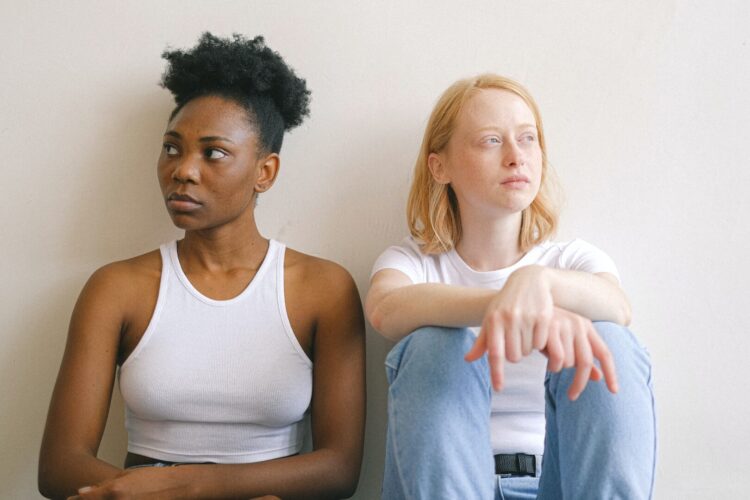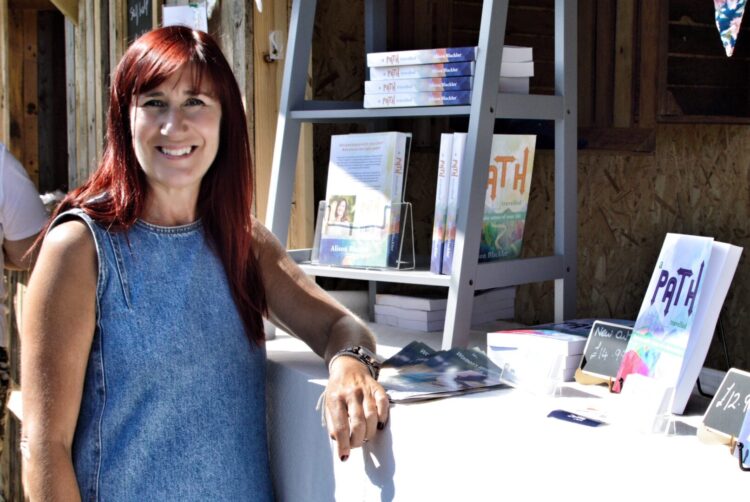How our relationships impact our lives and wellbeing
Wirral mind coach, author and founder of 2minds, Alison Blackler, combines her professional expertise, and her own lived experience, to analyse the often complex dynamics of relationships

Most adults spend much of their life in an intimate relationship. Relationships are potentially satisfying. They protect us from loneliness and can improve our mental and emotional wellbeing.
However, they can be challenging, and many different issues can cause couples disturbances. There are obviously arguments, fights and power struggles, but there are also stress-related reactions to each other, leading to further problems.
Relationships can present the most complex challenges in life. We are all different in the way we think, speak, interpret and feel. We spend so much of our time feeling misunderstood or unheard.
Trusting the journey of life
My professional and personal journeys have always ran parallel. Professionally I have studied human behaviours through a range of qualifications including a coach, counsellor, CBT therapist and neuro-linguistic programming.
This all runs along with my own experiences and led to an interest in looking at my own patterns, beliefs and habits. Even though we often learn about ourselves through challenging and difficult experiences, being able to see and trust that good will come is critical.
Just like most of us, the journey I have been on has been interesting, with both highs and lows. Each stage has got me nearer and nearer to being the ‘real’ me. Over time, being able to see what was behind some of the decisions, limits and uncertainty, gave me answers so that I could make changes.


I noticed that I was often focused externally for the answers, and yet they were usually inside. Most aspects of life are linked to a relationship of some sorts – one with yourself, your family, friends, colleagues and obviously intimate ones.
I believe that if you take time to see a relationship as two individuals coming together in unison rather than just two people becoming one, it is healthier. While the latter might sound romantic, it can leave you feeling unfulfilled, stifled and miserable.
Challenges can build up in a relationship over a period of time, increase in frequency or create difficult consequences. The job is to work out what is acceptable and what is not. Each person’s relationship is unique, just like the people in them.
Couples can experience turbulent phases, which can lead to much needed changes, or the relationship may become too difficult to continue. Relationships can feel stressful, and it is important to consider the wider perspective.
For some, it can look like a relationship is easy and natural, although there is usually work and commitment aplenty. When relationships work well, there is give and take, respect, honesty and positive regard.
With the right balance of compromise and flexibility, it is vital to allow each person to flourish within the relationship. This all sounds so idealistic, and the reality of life and, indeed, relationships, make this an interesting journey.
If everything were plain sailing, our personal journey would probably be limited. While we clearly need some time of stability, we learn the most from challenging situations. The trick is to see these as a chance to change rather than as a negative experience.
Relationships take work and commitment, though focusing on yourself first is critical. This understanding gives peace and clarity. Almost all couples will have misunderstandings, conflicts and disagreements. We will each do things that annoy the other. It is fair to say, ‘all relationships take work’.
However, we must not get confused with those that leave us exhausted and drained. It should not constantly feel like hard work. There must be a balance and knowing this balance can make all the difference.
Being in the wrong relationship is no one’s fault; it can be an honest mistake. When it is a real challenge is when you and a partner are essentially mismatched. There is no way to change or reconcile — the best thing to do is to recognise it for what it is and get out as compassionately as possible.
There is no judgement as the complexity of a relationship can mean that it will hit challenges. The idea is to look at things from a different perspective to see if there is any need for change, whether that be yourself or both.
When you come from a place of knowing that there will be answers and a different approach to challenges, then that curiosity becomes the vehicle. Alison said “My own relationship experiences have given me insights, empathy and a truth which I am keen to share with you through my books.”

People can change
We need to want to make changes, and we need to be able to identify what we want to change first. The old adage “A leopard can’t change his spots” is often linked to “People cannot change”.
We know that this is not true, and we also know that people sometimes change too much. However, people can change. What they are unable to do, though, is just snap their fingers and say goodbye to well-established patterns, even when those patterns result in bad consequences. We do not change ‘just’ because someone (even ourselves) wants us to.
It is a process that begins with being aware. This may seem obvious, but it is not. If you are used to blaming everyone else for your problems, then you are not aware. If you are living your life in a daze, blaming it on bad luck, then you are in denial.
How will you ever change anything if you do not own up to how you are thinking and that your behaviour is helping create the predicament you are in?
Following the success of her first book, A Path Travelled – How to make sense of your life, Alison’s second book focuses on intimate relationships. A powerful theme throughout her work is to looks at the relationship you have with yourself and how that impacts on your interaction with others.
The Path Travelled Series is written in a language we all can understand. Packed with clearly explained theories, case studies and thought-provoking exercises, you can easily make sense of the content for yourself.

